Net Neutrality Levels Pole Attachment Playing Field: INCOMPAS, CPUC
INCOMPAS said its members get worse pole deals without FCC support.
Jake Neenan
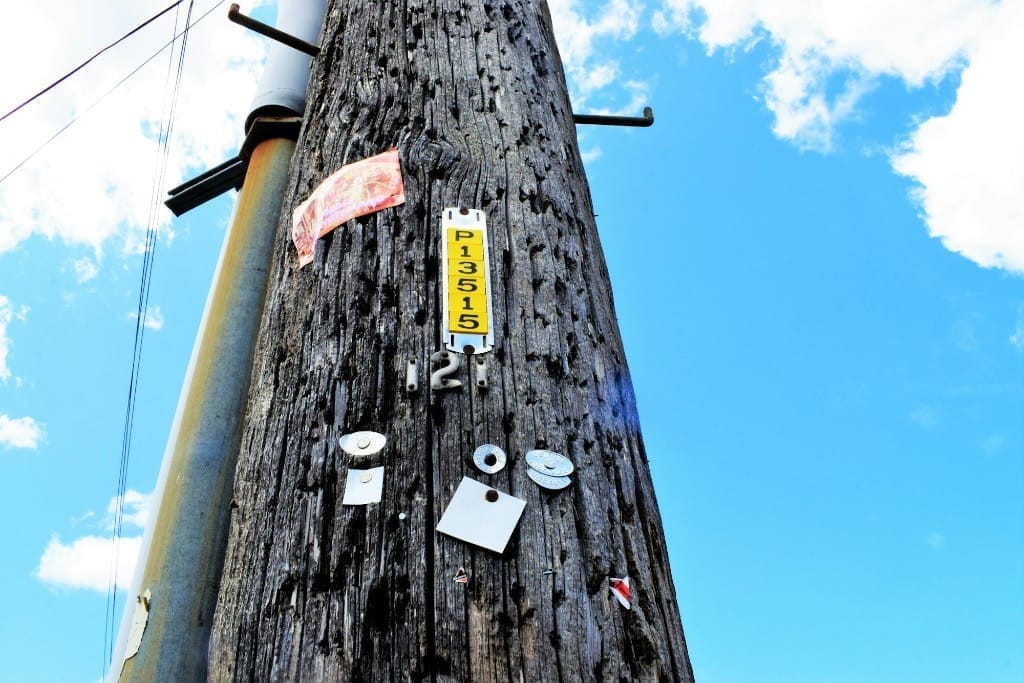
WASHINGTON, Sept. 19, 2024 – Broadband providers want to avoid net neutrality because it comes with more expansive federal oversight. But one trade group for Internet Service Providers and state officials told judges Wednesday it comes with at least one big benefit: backup from the government in negotiations with utility pole owners.
The Federal Communications Commission is currently trying to keep alive its net neutrality rules, which would reclassify broadband as a telecom service subject to common carrier regulations. Broadband trade associations challenging the move in court convinced a panel of the U.S. Court of Appeals for the Sixth Circuit to put the rules on ice last month while the case played out.
In the 26 states without their own laws on the issue, the FCC oversees terms of pole attachment deals between telecom providers and utility companies. The agency can mandate reasonable access conditions and set ground rules around the hot-button issue of which party pays for replacement poles. Commissioners even set up a dedicated team this summer to resolve pole-related disputes and keep projects moving.
Even without net neutrality, many incumbent ISPs get this FCC oversight anyway because they also provide voice or other telecom services.
INCOMPAS, which represents smaller broadband providers as well as software companies like Google and Meta, said in an amicus brief with the Sixth Circuit that its ISP members were at a disadvantage without that protection.
“Because [broadband]-only members must negotiate commercial agreements to access poles, for example, they face delays getting access and higher costs, which impedes effective competition,” wrote INCOMPAS outside counsel John Nakahata. “[Broadband]-only providers, many of which are smaller competitive companies, do not enjoy the competitive advantages of larger enterprises like many of their competitors and thus struggle to break into markets with entrenched incumbents.”
The California Public Utilities Commission also supported the FCC order on the grounds it would level pole attachment competition, adding that classifying broadband as a common carrier service would make it easier for the state to institute its own pole attachment maintenance rules.
“Our concern here is that broadband providers might invoke an information services classification to ignore, avoid, deny or undercut our authority to impose and enforce pole-attachment safety regulations,” CPUC wrote in a separate amicus brief.
The CPUC said broadband industry opposition to its rule requiring providers to prepare for outages during natural disasters was “driven, in part, by claims that states are preempted from regulating information services.”
ISPs’ most successful argument against net neutrality is that it runs afoul of the Supreme Court’s major questions rule, effectively deciding a major policy question without Congressional authorization. Judges wrote this argument was likely to succeed on the merits when pausing the rules in August.


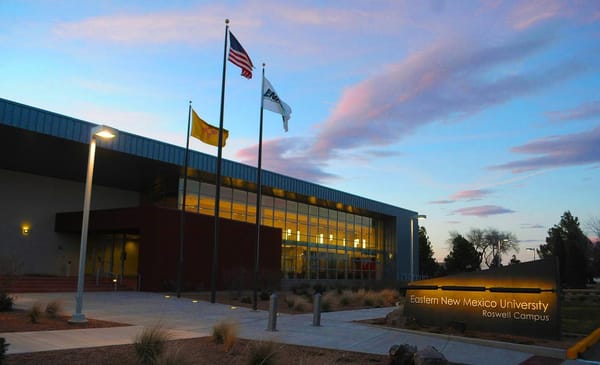
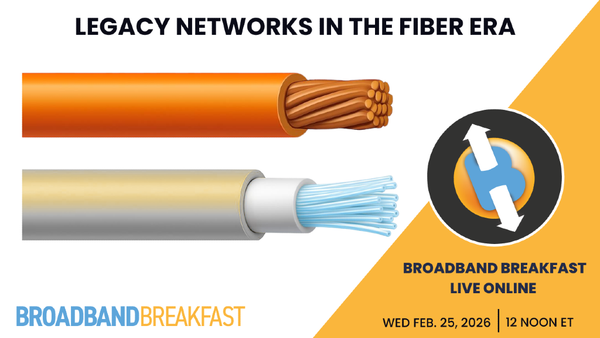
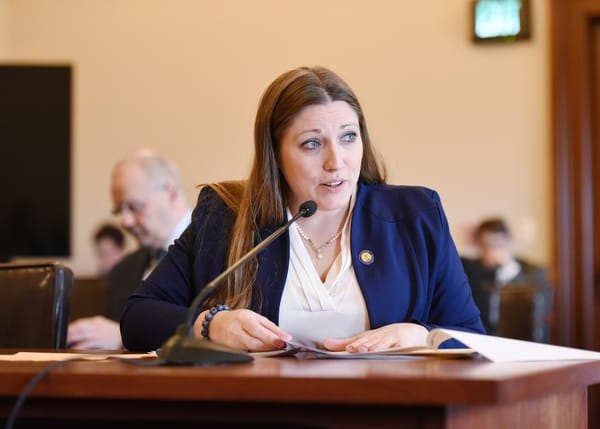
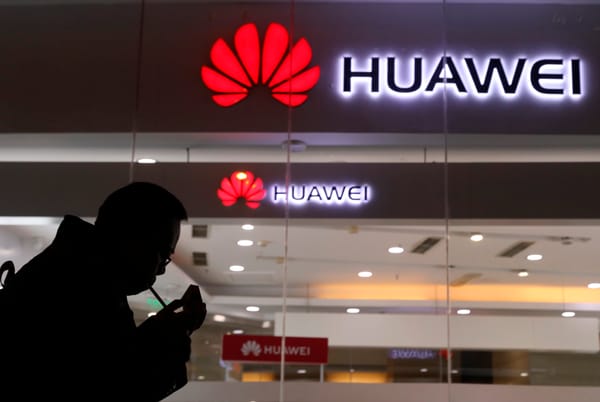



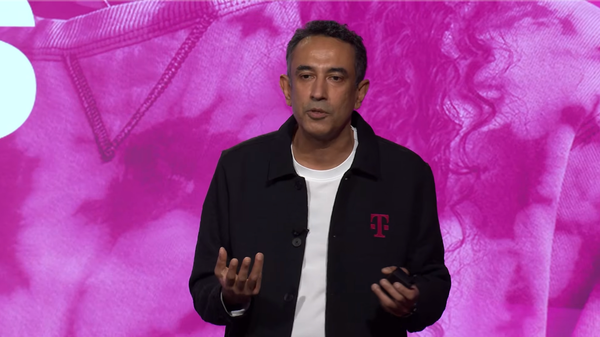
Member discussion